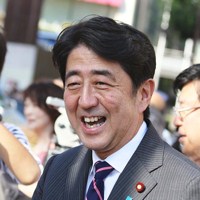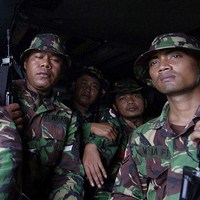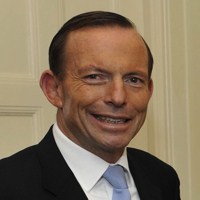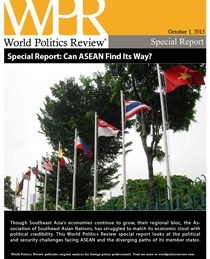
While the headlines about the latest round of Asian summitry in Brunei and Indonesia focused on U.S. President Barack Obama’s absence and China’s efforts to fill this void, Japanese Prime Minister Shinzo Abe continued his impressive efforts to shore up relations with the countries of Southeast Asia as Japan and ASEAN commemorate 40 years of relations between them. Since taking office last year, Abe has visited eight of 10 Southeast Asian countries and plans to visit the remaining two, Cambodia and Laos, before mid-December, when Tokyo will host a special ASEAN-Japan Summit celebrating the 40th anniversary of ties. This diplomatic […]






